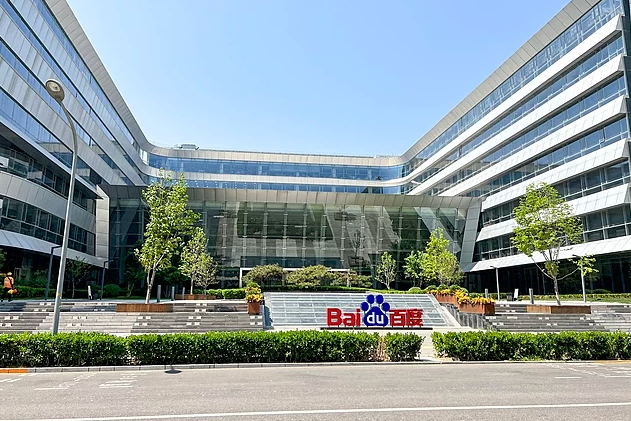China’s Baidu Rolls Out AI "ERNIE Bot"
The Chinese search giant Baidu rolled out its artificial intelligence (AI)-powered chatbot "ERNIE bot" on Thursday. The release is a major development for China's technology sector as AI booms within the tech sector.

Facts
- The Chinese search giant Baidu rolled out its artificial intelligence (AI)-powered chatbot "ERNIE bot" on Thursday. The release is a major development for China's technology sector as AI booms within the tech sector.1
- Beijing issued new regulations for PRC AI developers earlier this month. The regulations are meant to increase competition while maintaining tight information controls.2
- This is the first AI app available to China's domestic population and won't be available outside of the PRC.3
- Baidu released a limited, beta version of ERNIE Bot in March. With the release, CEO Robin Li said the company would gain "massive" human feedback to improve the app at a swift pace.4
- ERNIE reportedly generates state-approved answers to sensitive inquiries, such as the status of Taiwan. On this issue, ERNIE Bot reportedly states, "Taiwan is part of the sacred territory of the People's Republic of China. China's sovereignty and territorial integrity cannot be violated or divided."5
- Ernie Bot rose to the top of Apple's iOS store in China for free apps by Thursday afternoon.6
Sources: 1Al Jazeera, 2France 24, 3US Today News, 4Le Monde.fr, 5Bangkok Post, and 6Associated Press.
Narratives
- Pro-China narrative, as provided by Associated Press. After US company OpenAI launched ChatGPT earlier this year, the race is on to develop generative artificial intelligence models. Beijing sees AI as a key industry to rival the US and aims to become a global leader by 2030. The PRC is now officially a major player in the vibrant AI sector.
- Anti-China narrative, as provided by Le Monde. ERNIE Bot is overtly parroting PRC talking points. Beijing's new regulations also include provisions for labeling AI-generated content and curtailing false and harmful information, offering state-approved answers to "taboo" questions. Service providers must also hand over their algorithms to the authorities if their software is viewed to have an impact on public opinion — this is a concerning development.






